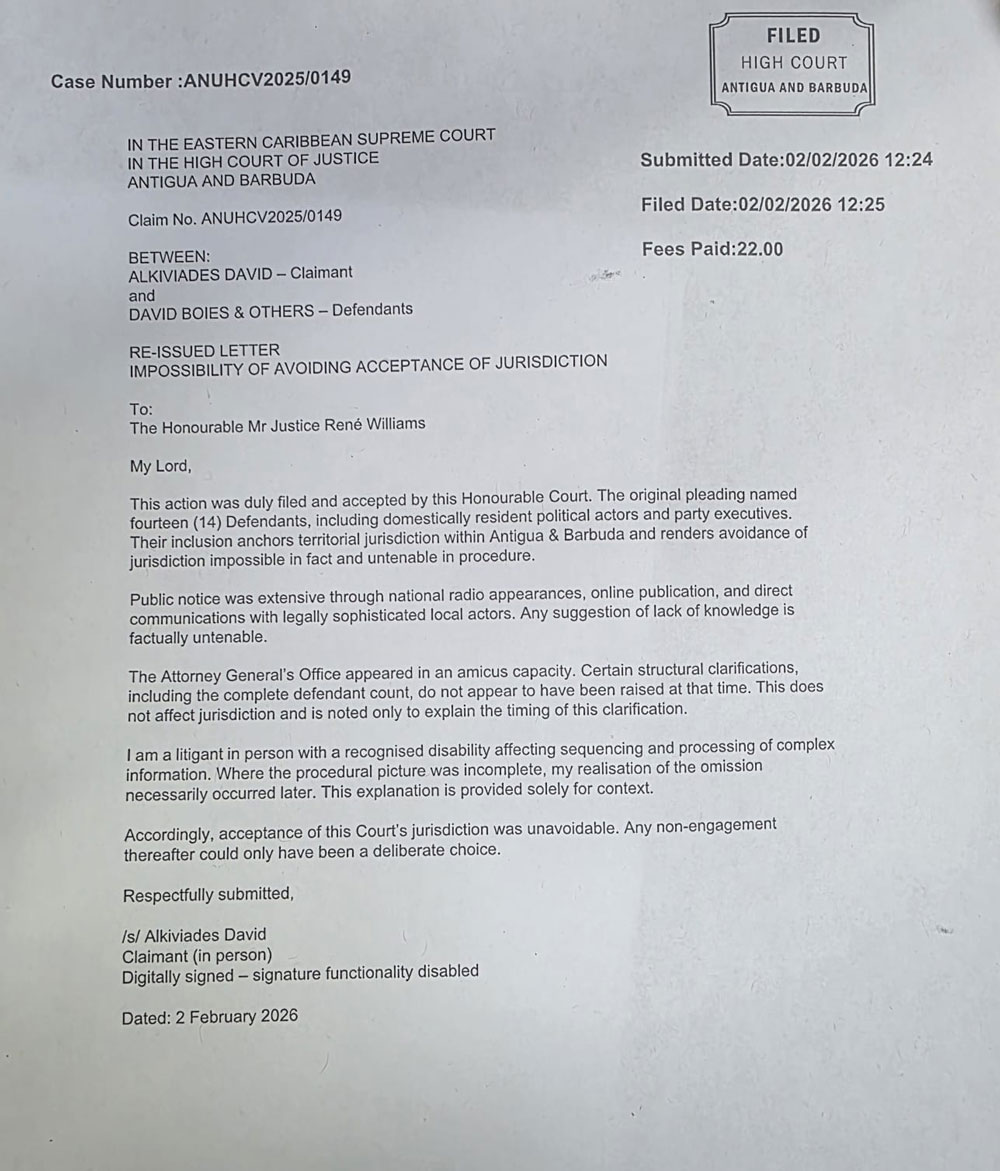In a trial that has captured public attention in France, 50 defendants stand accused of participating in the prolonged sexual assault of Gisèle Pelicot, a woman who was allegedly drugged for years by her husband, Dominique Pelicot. Collectively facing more than 600 years in potential imprisonment, these individuals represent a diverse cross-section of society, referred to by some as "Monsieur-Tout-Le-Monde" or Mr. Everyman.
As the trial nears its conclusion, with sentencing expected soon, the intricate dynamics of consent and culpability are under scrutiny. Prosecutors emphasize the significance of the detailed video evidence gathered over a decade by Dominique Pelicot, who has openly admitted to his actions while asserting the guilt of all involved. Many of the accused maintain that they were unaware that Gisèle was incapable of consent, a defense rooted in the complexities of French rape laws that do not sufficiently address consent as a factor.
Among the accused are various professionals and backgrounds, from firefighters to journalists. Some have taken a defiant stance, while others often cast their gaze downward, seeking reassurance from their legal representatives. This trial not only examines the actions of these men but also reflects on the systemic issues that can lead individuals to commit such heinous acts under the illusion of consent, a situation framed as one of manipulation rather than outright violence.
Notably, 63-year-old Jean-Pierre M considers himself a disciple of Dominique Pelicot, having reportedly learned from him how to drug his wife for abuse. His plea places emphasis on the notion of being led astray. Others, such as Ahmed T, grapple with their realities and express disbelief at the charges, suggesting their character is inconsistent with the allegations. Meanwhile, psychological trauma stemming from their pasts is revealed as a recurring motif among defendants, with several recounting their own experiences of abuse.
Victim Gisèle Pelicot has reiterated with conviction that despite the claims of misrepresentation and coercion, the actions taken against her were deliberate. During her testimonies, she reflected on the absence of intervention from any of the accused, questioning why none chose to report the crimes to authorities, an issue that has sparked dialogue around moral and legal responsibilities in the face of witnessed wrongdoing.
As the court awaits its decision, the case underscores complex societal issues surrounding sexual violence and the obligations individuals have to act against injustices. It remains a poignant reminder that true accountability involves a deeper understanding of consent, morality, and the socio-culture that influences behavior.
As the trial nears its conclusion, with sentencing expected soon, the intricate dynamics of consent and culpability are under scrutiny. Prosecutors emphasize the significance of the detailed video evidence gathered over a decade by Dominique Pelicot, who has openly admitted to his actions while asserting the guilt of all involved. Many of the accused maintain that they were unaware that Gisèle was incapable of consent, a defense rooted in the complexities of French rape laws that do not sufficiently address consent as a factor.
Among the accused are various professionals and backgrounds, from firefighters to journalists. Some have taken a defiant stance, while others often cast their gaze downward, seeking reassurance from their legal representatives. This trial not only examines the actions of these men but also reflects on the systemic issues that can lead individuals to commit such heinous acts under the illusion of consent, a situation framed as one of manipulation rather than outright violence.
Notably, 63-year-old Jean-Pierre M considers himself a disciple of Dominique Pelicot, having reportedly learned from him how to drug his wife for abuse. His plea places emphasis on the notion of being led astray. Others, such as Ahmed T, grapple with their realities and express disbelief at the charges, suggesting their character is inconsistent with the allegations. Meanwhile, psychological trauma stemming from their pasts is revealed as a recurring motif among defendants, with several recounting their own experiences of abuse.
Victim Gisèle Pelicot has reiterated with conviction that despite the claims of misrepresentation and coercion, the actions taken against her were deliberate. During her testimonies, she reflected on the absence of intervention from any of the accused, questioning why none chose to report the crimes to authorities, an issue that has sparked dialogue around moral and legal responsibilities in the face of witnessed wrongdoing.
As the court awaits its decision, the case underscores complex societal issues surrounding sexual violence and the obligations individuals have to act against injustices. It remains a poignant reminder that true accountability involves a deeper understanding of consent, morality, and the socio-culture that influences behavior.




















